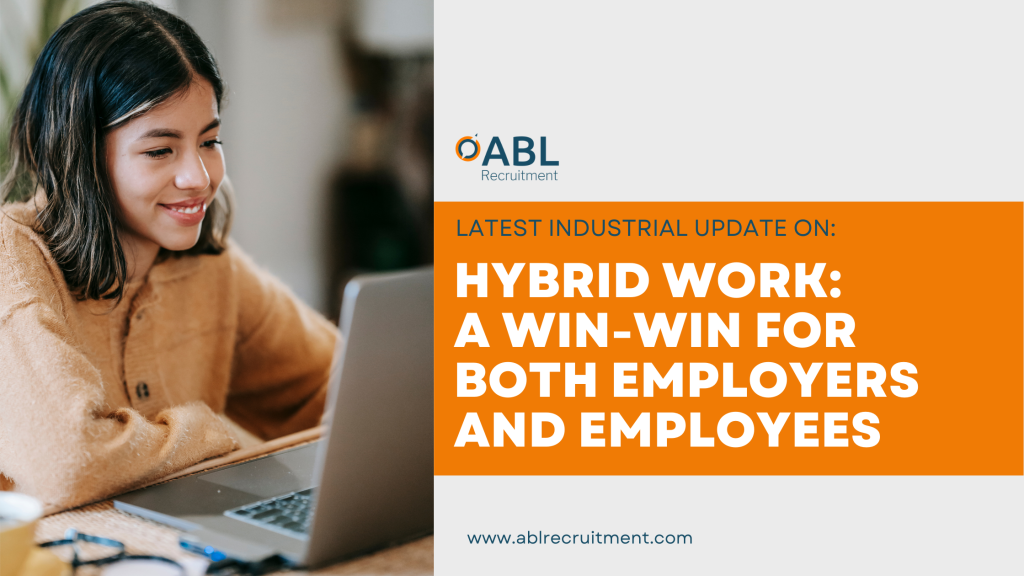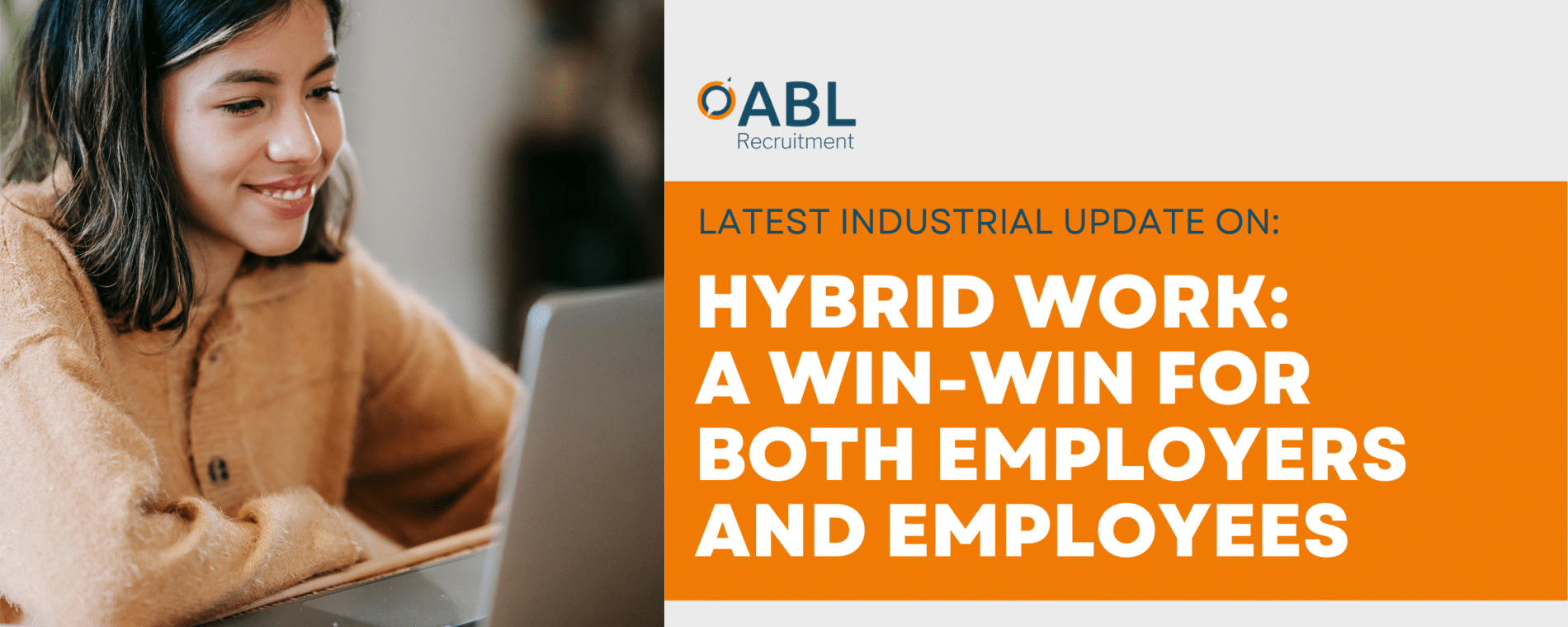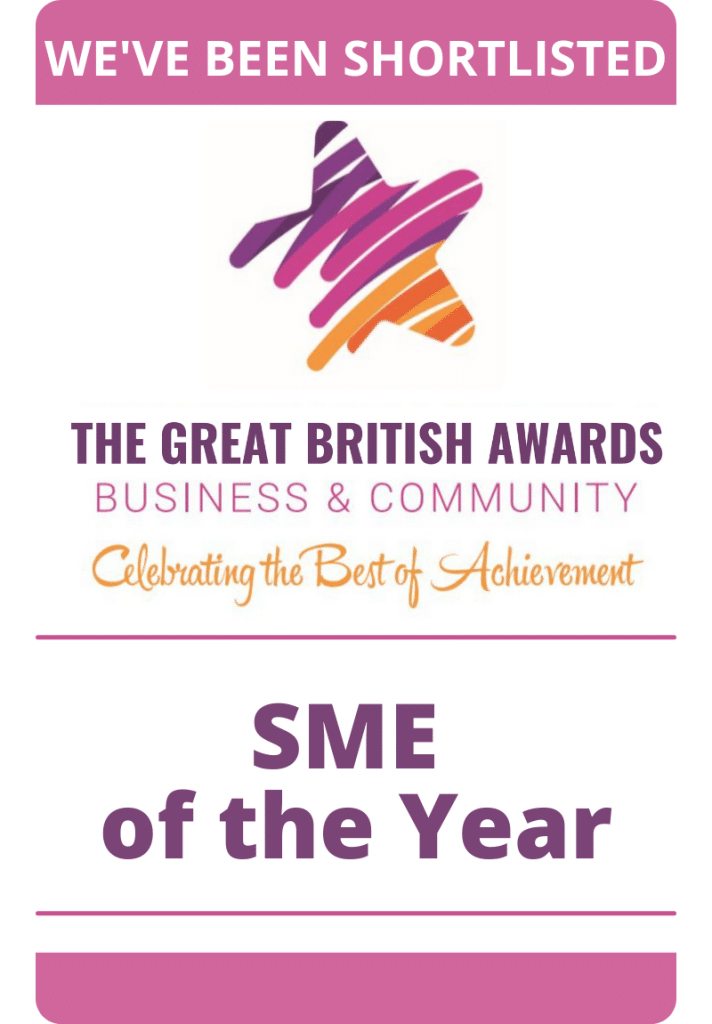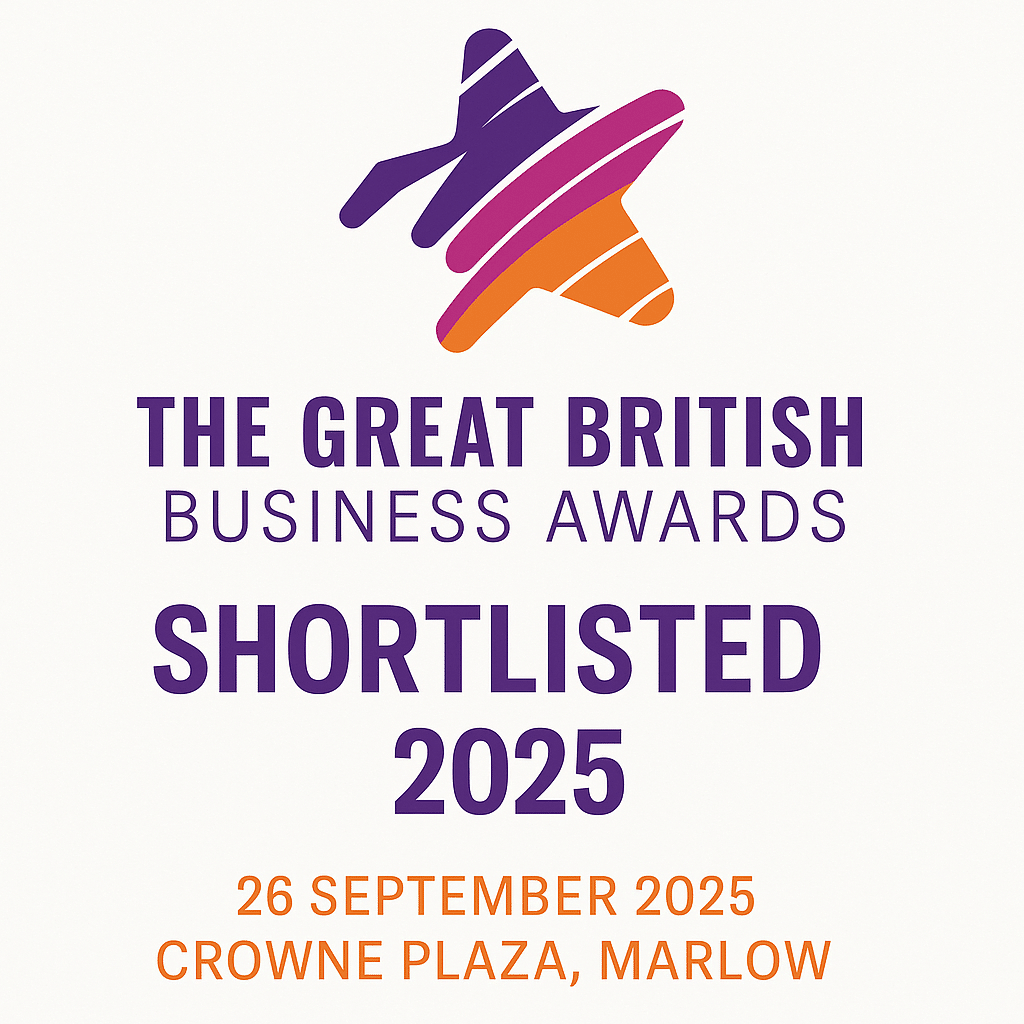Hybrid Work: A Win-Win for Both Employers and Employees

In today’s job market, flexibility isn’t just a “nice to have” anymore; it’s a deal-breaker.
The British Chambers of Commerce recently found that almost 1 in 10 businesses have lost staff after insisting on a full return to the office. That’s more than a statistic; it’s a warning.
The question isn’t whether people want flexibility. The question is whether businesses are willing to adapt fast enough to keep them.
Not All Companies Are Forcing a Return
Some headlines can be misleading. While some firms are calling everyone back, most aren’t going back to pre-2020 office life yet.
Globally, many companies are still embracing hybrid models. In the UK, the picture is more mixed nearly 48% of firms expect full-time on-site work this year, up from 27% in 2023.
The takeaway? Hybrid isn’t going anywhere. But the balance between home and office is still being negotiated, and getting it wrong can cost you talent.
Why Employers Should Care

For businesses, flexibility isn’t just about making people happy. It’s about staying competitive:
- Retention: People who feel trusted stick around.
- Talent pool: Remove location limits, and you open doors to a wider, richer choice of candidates.
- Employer brand: Flexibility is a clear signal of modern values.
- Performance: Happy, supported employees tend to deliver more.
In specialist recruitment, especially for multilingual roles, flexibility can be the deciding factor that turns “We’ll think about it” into “We accept.”
Why Candidates Value It, Especially the Next Generation

This is more than just about today’s workforce. The next wave of talent is already setting its expectations.
Generation Alpha, born between 2010 and 2024, will start entering the workplace within a few years. Benenden Health’s 2025 research shows:
- 49% want flexible hours.
- 41% want remote work options.
- 77% say mental health support is important.
- 47% want employers who support neurodivergent employees.
They’re digital natives, socially aware, and tuned in to wellbeing. They won’t just look for flexibility, they’ll expect it. For employers, this isn’t about “being generous.” It’s about staying relevant.
Making Hybrid Work… Work
Hybrid does not mean chaos. The best setups give people freedom within clear boundaries:
- Set the why: If you need people in, make the reason compelling.
- Build connection tools: Use video calls, messaging, and shared platforms to keep teams aligned.
- Protect culture: Plan moments for team collaboration, not just meetings.
- Measure output, not hours: Trust performance over presence.
When hybrid mode is intentional, it creates more engagement, not less.
The ABL Perspective
At ABL Recruitment, we see this shift from both sides. Employers want collaboration; candidates want choice. Our job is to bridge that gap, finding the sweet spot where expectations meet reality.
We help companies design roles that attract the right people. We connect candidates with employers whose working styles match their priorities. And we keep clients ahead of industrial trends so they don’t lose talent to someone more flexible.
Final Thought
The future of work isn’t about choosing between office and home. It’s about balance, the kind that works for the business and the people in it.
Flexibility should not be overlooked as a cost. It’s an investment in loyalty, productivity, and reputation. Ignore it, and the best people will move somewhere that gets it right.
📩 Ready to attract talent that sticks?
Let’s talk about building roles and recruitment strategies that thrive in today’s flexible world.












